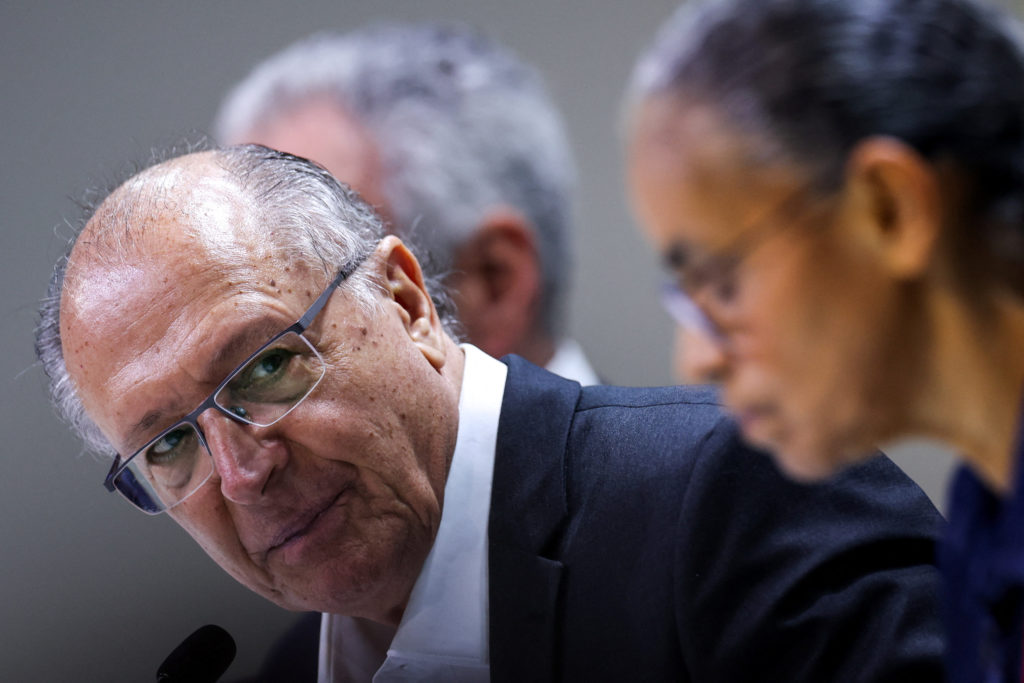
As United Nations climate talks approach their critical end, host country Brazil is pressing for swift decisions on four key issues not originally on the agenda, including how to phase out fossil fuels. Negotiators are facing pressure to commit to ending the future burning of oil, coal, and natural gas.
A coalition of nations, both developed and developing, is calling for a clear roadmap to transition away from fossil fuels, a topic that was agreed upon in principle two years prior but has seen little concrete action since. Wednesday is a pivotal day, as it is the deadline set by COP30 President André Corrêa do Lago for decisions on toughening national climate plans, clarifying the distribution of $300 billion in pledged climate finance, addressing trade barriers related to climate, and improving transparency in climate progress reporting.
The issue of weaning the world off fossil fuels has gained significant momentum, with many countries advocating for a detailed plan to phase them out, despite opposition from powerful oil-producing nations. Brazil's presidency is pushing for these interconnected decisions to be made by Wednesday, ahead of the conference's official end on Friday.
This ambitious timeline aims to have significant groundwork laid before the final decision-making, although some observers believe it may be too optimistic for all issues to be fully resolved. The success of COP30, hosted on the edge of the Amazon, is being compared by some to the pivotal 2015 Paris climate agreement, with hopes for substantial progress on combating global warming.